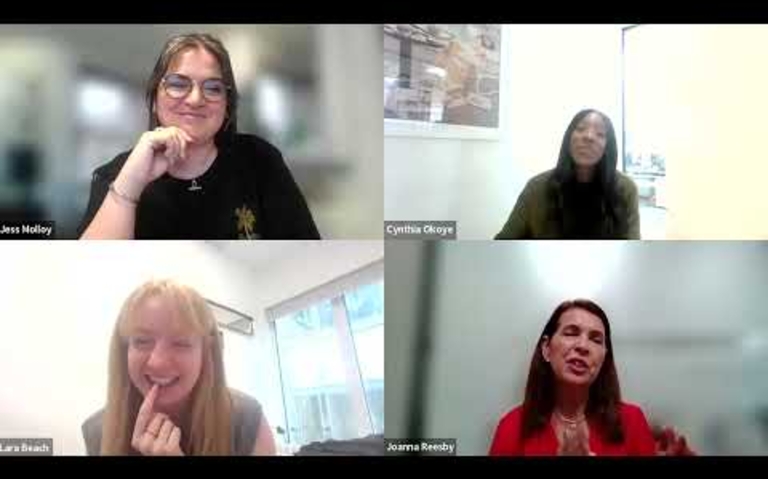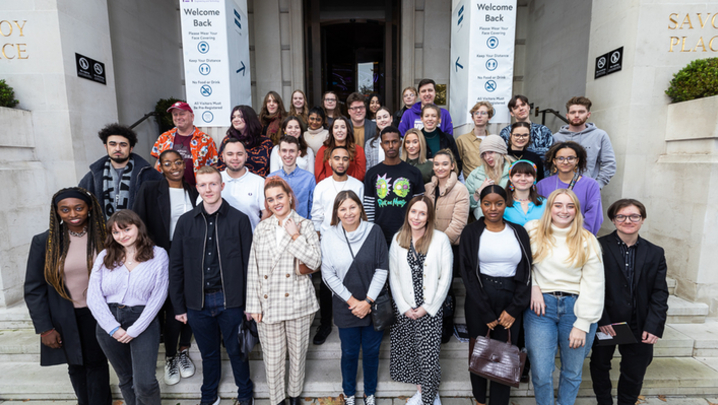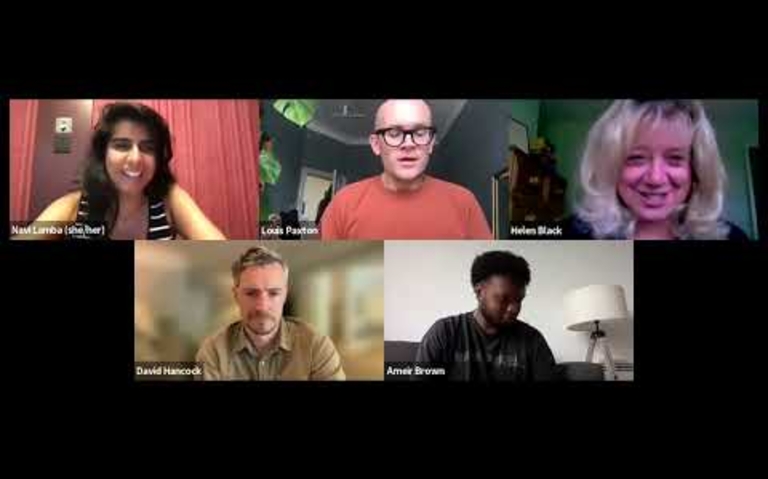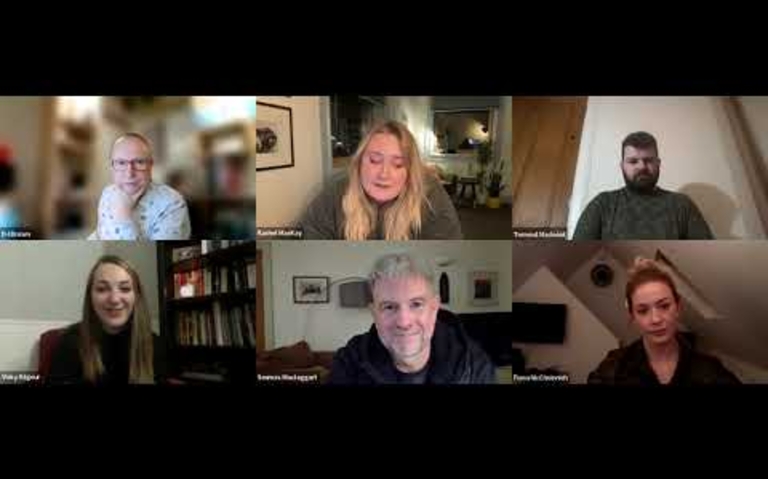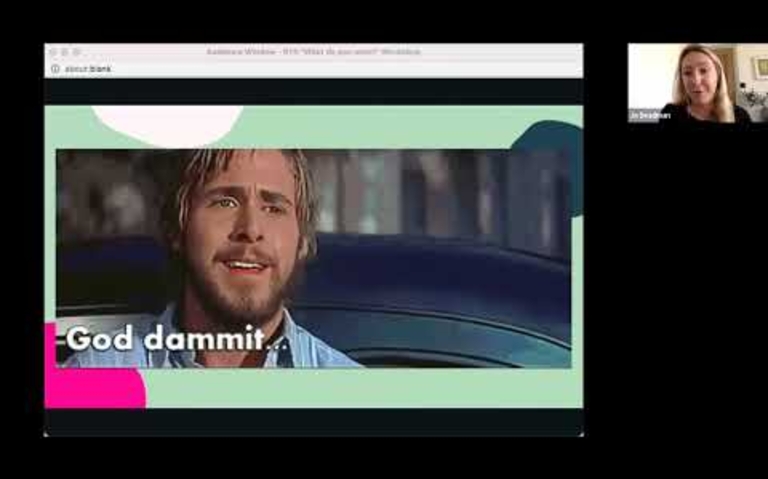Before you start writing
- Think about the purpose of your cover letter.
- Its singular aim should be to get the employer interested in reading your CV. It’s a quick sales pitch, a teaser of what you have to offer so make this first impression count.
- Write a list of the specific job requirements mentioned in the job description.
- This will help you target your cover letter to the job in question
- Find out who you’re talking to.
- Does the email address you’re sending your cover letter and CV to have a name, such as julia@productioncompany.com. If so, address it to Julia.
- If a name isn’t immediately obvious, take the time to research the company’s website to see who deals with recruitment. Phone them up and ask if necessary.
- Opening a cover letter with “Dear Sir/ Madam” or “To whom it may concern” implies you’ve sent the same letter to hundreds of other firms and that you can’t be that interested in the job if you haven’t taken the time to find a name
Word count and style
If the application instructions specify a word limit then stick to it. If not then keep a general rule is the shorter the better. If your cover letter takes more than 20 second to scan/ read then shorten it. Make each word fight to remain on the page. What purpose does it serve? It can’t be emphasised enough that people in the media are busy and they will not read essays about how “passionate” you are and how that summer abroad really developed your people skills.
The tone of your cover letter may vary depending on the company you’re applying to. Some prefer formal applications; some encourage “creative” writing. If in doubt, keep things formal. That said, conversational is much better than overly formal and stilted.
BAD: “With this application, I declare my interest in the position you have advertised on your website”
GOOD: “I'm excited to be writing to you to apply for the researcher position at Campaign Productions.”
What to include
Introduction
- Introduce yourself and your current job title
- State clearly which job role you’re going for (the person reading it may be hiring for various roles so make their life easier)
- Mention your availability, especially if you’re able to start immediately
- Show them that you watch their programmes/ read their websites
- Don’t simply say “I love Campaign Productions”, go into detail. E.g. “I loved your recent programme on trainspotting, particularly….”
Main body
- Explain how hiring you will benefit them. What do you bring to the table?
- What is your unique selling point?
- Pinpoint two or three of your best achievements (Any outstanding credits, awards, languages etc.)

- Briefly describe how they will help you excel in the job you’re applying for. E.g. “From my newsroom experience as a reporter for Newbury Weekly News, to my research credits as an intern with The One Show, I’ve picked up the tools I need to excel as a development researcher with Campaign Productions.”
- Write your cover letter from scratch. Copied and pasted templates come across as tired and often don’t address the specifics of the job.
- Remember that list of job requirements you wrote? Go through it and tick it off
- E.g. if they ask for editing skills, mention that a film you edited won an award
- Follow the application instructions to a T.
- If they set a word limit and you go over it, they’ll think you can’t edit yourself.
- If they ask for two writing examples and you send four, they won’t think you are overqualified, they’ll think you can’t follow instructions.
- Deviations from simple instructions help recruiters eliminate people from the mountain of applicants.
DON’T:
- Don’t make superfluous statements. It’s taken for granted in TV that you’re willing to work long hours and are passionate about television.
- Don’t make jokes, use emoticons or other gimmicks. Jokes can be misinterpreted in writing so keep your tone as level as possible without sounding like a robot.
- Don’t tell them about your education. This should be included, briefly, in your CV. If you’re still studying then mention it but don’t go into detail.
- Don’t tell them everything you’ve ever done in the cover letter, even if it’s relevant to the job. Let your CV demonstrate your experience and if they want more detail, they’ll ask you for an interview.
Before you send
1. Proofread, proofread, and proofread!
- Leave it and come back to read it after a few hours and get someone else to read it through for spelling, punctuation and typos
- Check names – is it Ian or Iain, Teresa or Theresa?
2. Double check the job description and application requirements
- Did it specify a word limit and have you stuck to it?
- Did is ask for a showreel or writing examples?
- Does it ask for your availability?
- Does it ask for your working rate?
3. Think where it’s coming from.
- Make sure you’re sending the cover letter from a professional email address. No drunkmel360@yahoo.com please!
There are no hard and fast rules to writing cover letters. Every company has a different preference so it’s up to you to decide what form and tone they will like. Ultimately, using initiative is a core skill that will play a huge role in getting your hired!
RTS Videos:
Useful links:
- How to write a good CV and covering letter for a job in journalism
- How to apply for a job – and how not to


